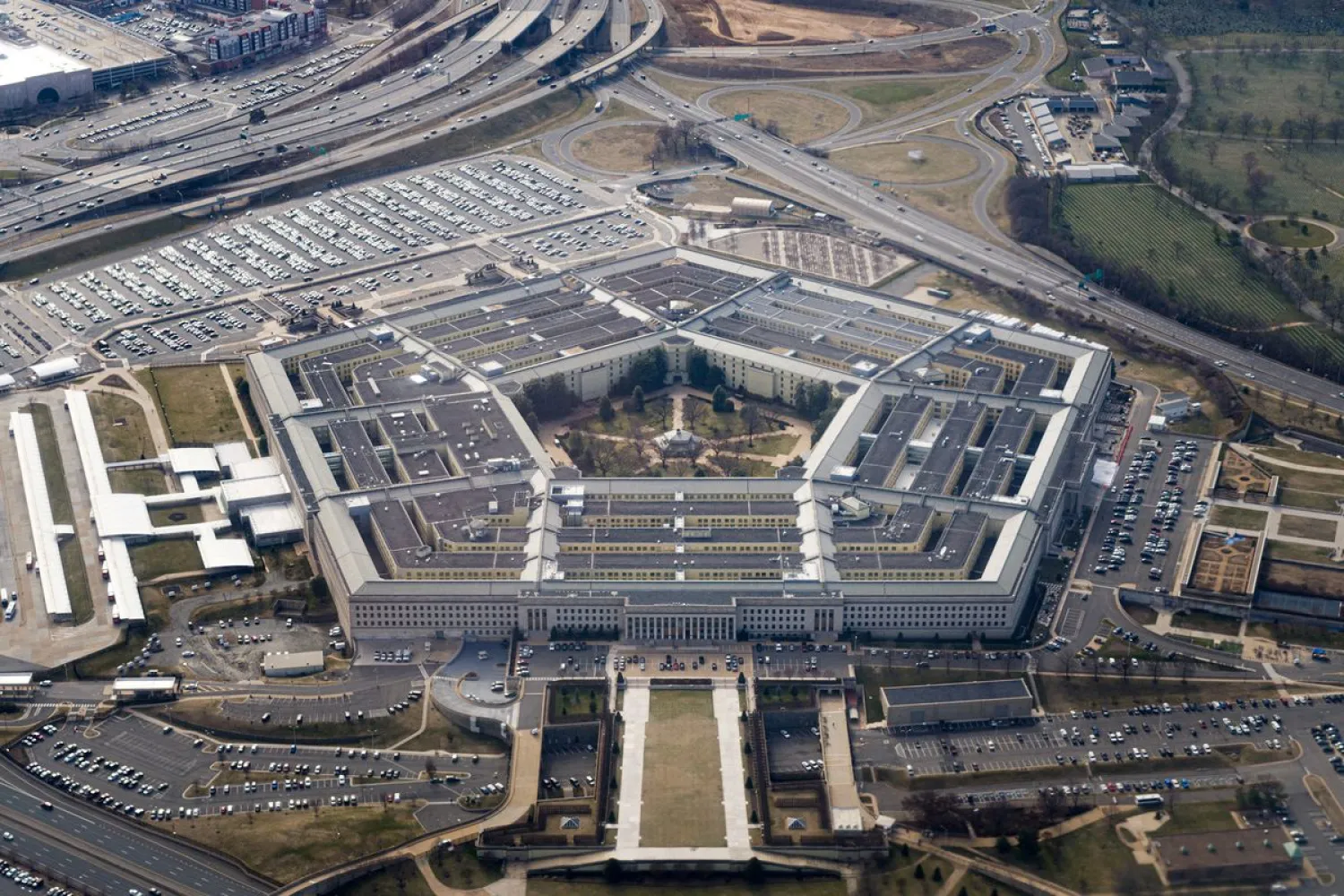Four US troops were injured Thursday after rockets were fired at a base housing American forces in eastern Syria, US Central Command said.
The rockets struck two support buildings at the Green Village base in Deir Ezzor province run by allied Kurdish-led Syrian Democratic Forces, where the US and coalition partners maintain a mission against the remnants of ISIS.
"At this time, four US servicemembers are being evaluated for minor injuries and possible traumatic brain injuries," the Central Command said in a statement.
The command, which oversees US operations across the Middle East, did not attribute the source of the shelling but said it was under investigation.
A tribal source in the area said several rockets were fired by an Iran-backed militia, and two landed in the area of al Omar oil field where US forces are based in Deir Ezzor province, near the Iraqi border.
The rockets were launched from an area west of the Euphrates River, where Iran-backed militias have a presence, the source said.
The Syrian Observatory for Human Rights said rockets had been fired after midnight at the base from an area where Iran-backed militias exercise influence.
In January the base was also shelled in an attack blamed on Iran-backed groups, with no casualties reported.
US forces then replied by shelling the alleged source of the attack.









